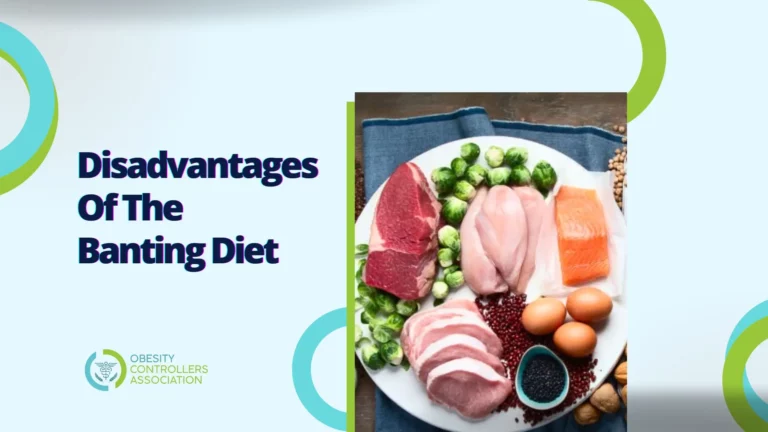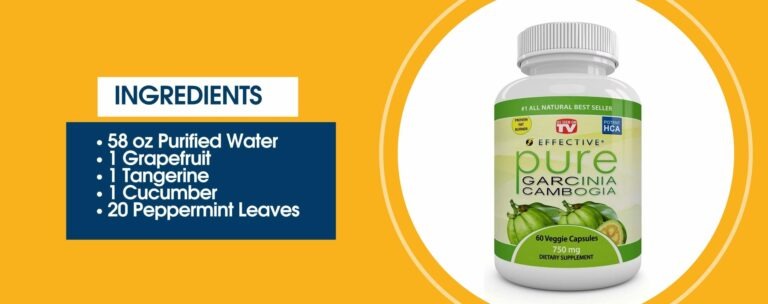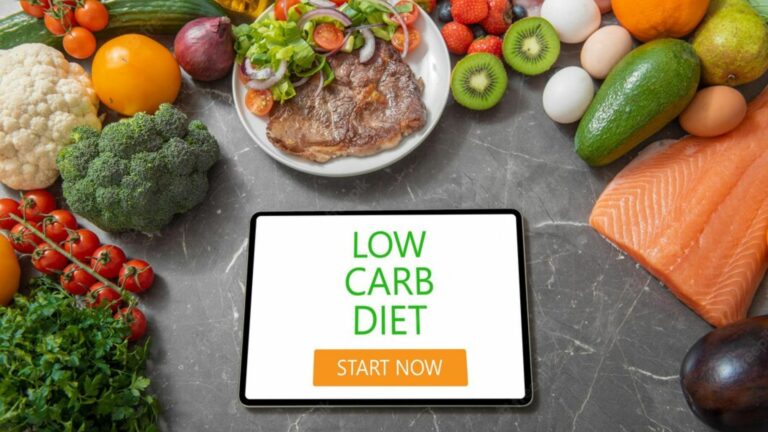The 21-Day Fatty Liver Diet Plan: A Comprehensive Guide to Liver Health

If you’ve been diagnosed with a fatty liver or are looking to take proactive steps toward improving your liver health, the 21-day fatty liver diet plan could be the solution you’ve been seeking. This comprehensive dietary approach is designed to support the liver’s natural detoxification processes, reduce inflammation, and promote overall well-being.
What is a Fatty Liver?
A fatty liver, also known as nonalcoholic fatty liver disease (NAFLD), is a condition characterized by the accumulation of excess fat in the liver cells. This can occur due to various factors, including obesity, insulin resistance, high cholesterol levels, and an unhealthy diet. If left untreated, a fatty liver can progress to more severe liver conditions, such as nonalcoholic steatohepatitis (NASH), cirrhosis, and even liver failure.
The Importance of a Fatty Liver Diet Plan
While medication and lifestyle changes can help manage a fatty liver, a well-structured diet plan plays a crucial role in reversing and preventing further liver damage. The 21-day fatty liver diet plan is designed to address the root causes of a fatty liver by:
1. Reducing inflammation: Chronic inflammation is a key contributor to the development of a fatty liver. This diet emphasizes anti-inflammatory foods that can help reduce oxidative stress and promote a healthy inflammatory response.
2. Supporting liver detoxification: The liver is responsible for filtering out toxins and metabolic waste products from the body. This diet plan incorporates foods that aid in the liver’s natural detoxification processes, reducing the workload on this vital organ.
3. Promoting weight loss: Excess weight, particularly around the abdominal area, is a significant risk factor for a fatty liver. The 21-day plan encourages a calorie-controlled, nutrient-dense diet that can support healthy weight loss and reduce the accumulation of fat in the liver.
4. Improving insulin sensitivity: Insulin resistance is closely linked to the development of a fatty liver. This diet emphasizes foods that help regulate blood sugar levels and improve insulin sensitivity, reducing the strain on the liver.
The 21-Day Fatty Liver Diet Plan
The 21-day fatty liver diet plan is a comprehensive approach that combines nutrient-dense foods, portion control, and a balanced macronutrient ratio. Here’s a breakdown of what you can expect:
Week 1: Detoxification and Inflammation Reduction
During the first week, the focus is on supporting the liver’s detoxification processes and reducing inflammation. The diet will consist primarily of:
– Leafy green vegetables
– Cruciferous vegetables (broccoli, cauliflower, Brussels sprouts)
– Low-glycemic fruits (berries, citrus fruits)
– Lean protein sources (fish, poultry, legumes)
– Healthy fats (olive oil, avocado, nuts, and seeds)
Week 2: Liver Repair and Weight Loss
In the second week, the emphasis shifts to promoting liver repair and supporting healthy weight loss. The diet will include:
– Whole grains (quinoa, brown rice, oats)
– Lean protein sources
– Fibrous vegetables
– Low-glycemic fruits
– Healthy fats
Week 3: Maintenance and Lifestyle Changes
The third week is about solidifying the healthy habits developed during the previous two weeks and introducing sustainable lifestyle changes. The diet will focus on:
– Maintaining a balanced, nutrient-dense diet
– Portion control
– Regular physical activity
– Stress management techniques
Key Components of the 21-Day Fatty Liver Diet Plan
1. Anti-inflammatory Foods:
Chronic inflammation is a significant contributor to liver damage. To reduce inflammation, the diet emphasizes foods rich in antioxidants, such as berries, leafy greens, nuts, and fatty fish like salmon and mackerel.
2. High-Fiber Foods:
Dietary fiber plays a crucial role in supporting liver health by promoting regular bowel movements and aiding in the elimination of toxins. The diet includes plenty of high-fiber foods like vegetables, fruits, whole grains, and legumes.
3. Lean Protein Sources:
Adequate protein intake is essential for liver repair and overall health. The diet recommends lean protein sources like fish, poultry, legumes, and low-fat dairy products.
4. Hydration:
Staying hydrated is crucial for optimal liver function and overall health. The diet encourages drinking plenty of water and incorporating hydrating beverages like herbal teas and unsweetened fruit-infused waters.
5. Portion Control:
Overeating can exacerbate liver problems and contribute to weight gain. The 21-day plan emphasizes portion control and mindful eating to support a healthy calorie intake.
Tips for Success on the 21-Day Fatty Liver Diet Plan
1. Meal Preparation:
Planning and preparing meals in advance can help you stay on track and avoid unhealthy temptations.
2. Gradual Transition:
If you’re transitioning from an unhealthy diet, it’s essential to make gradual changes to avoid overwhelming your body and increase the chances of long-term success.
3. Physical Activity:
Incorporating regular physical activity, such as brisk walking, swimming, or yoga, can support weight loss, improve insulin sensitivity, and promote overall well-being.
4. Stress Management:
Chronic stress can contribute to liver disease and inflammation. Practice stress-reducing techniques like meditation, deep breathing exercises, or engaging in hobbies you enjoy.
5. Support System:
Enlist the support of friends, family, or a healthcare professional to stay motivated and accountable throughout the 21-day journey.
Conclusion
The 21-day fatty liver diet plan is a comprehensive approach to promoting liver health and reversing the effects of a fatty liver. By incorporating anti-inflammatory, nutrient-dense foods, practicing portion control, and adopting a sustainable lifestyle, you can support your body’s natural detoxification processes, reduce inflammation, and promote overall well-being.
Remember, while this diet plan serves as a guide, it’s essential to consult with a healthcare professional, particularly if you have any underlying medical conditions or specific dietary requirements. With patience, consistency, and a commitment to making healthy choices, you can take a significant step towards improving your liver health and overall quality of life.



![TB12 Diet [Tom Brady Diet]: A Comprehensive Guide](https://obesitycontroller.com/wp-content/uploads/2023/02/TB12-Diet-Tom-Brady-Diet-768x432.webp)

